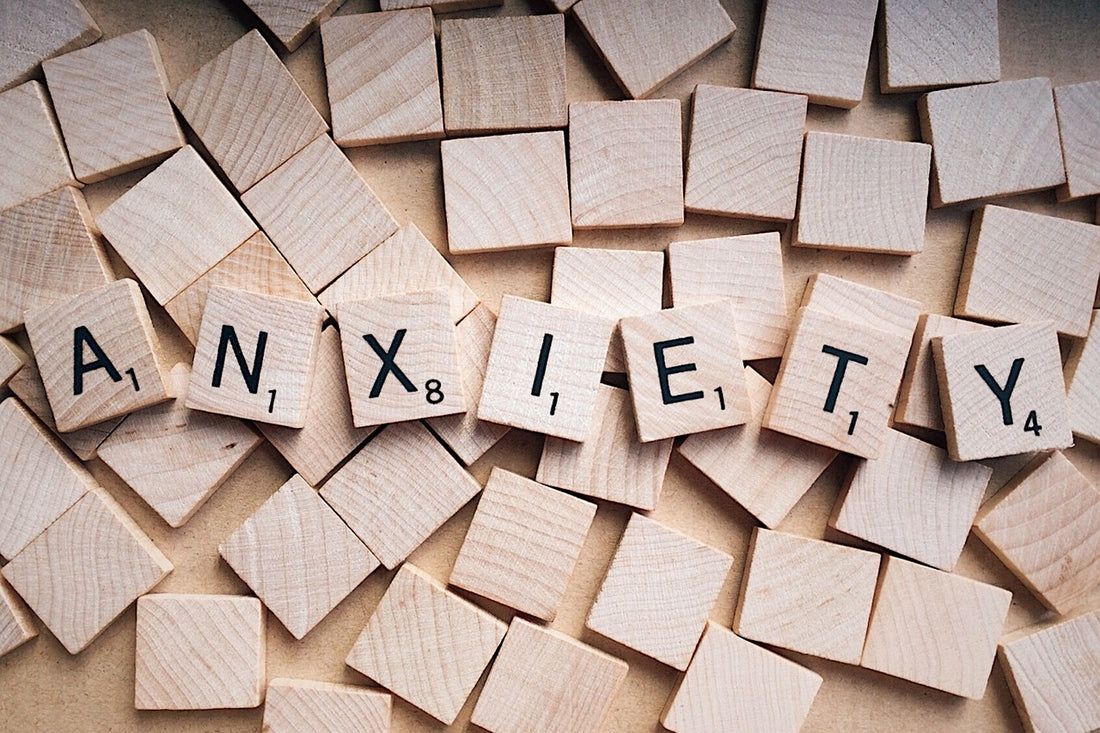Anxiety is a common mental health condition that affects millions of people worldwide. It can manifest in various ways, such as excessive worry, restlessness, and difficulty concentrating. While it's important to seek professional help for managing anxiety, there are also several strategies you can incorporate into your daily routine to help alleviate symptoms. In this blog post, we will explore 10 effective ways to manage anxiety.
1. Practice deep breathing exercises
Deep breathing exercises, such as diaphragmatic breathing, can help activate the body's relaxation response and reduce anxiety. Take slow, deep breaths, focusing on filling your abdomen with air, and then slowly exhale. Repeat this exercise for a few minutes whenever you feel anxious.
2. Engage in regular physical activity
Regular exercise has been shown to be an effective way to reduce anxiety. Engaging in activities like walking, jogging, or yoga can help release endorphins, which are natural mood boosters. Aim for at least 30 minutes of moderate-intensity exercise most days of the week.
3. Practice mindfulness meditation
Mindfulness meditation involves focusing your attention on the present moment without judgment. It can help calm racing thoughts and promote a sense of relaxation. Start by dedicating a few minutes each day to sit quietly and focus on your breath or a specific object.
4. Get enough sleep
Adequate sleep is crucial for managing anxiety. Lack of sleep can exacerbate anxiety symptoms and make it more difficult to cope with stress. Aim for 7-9 hours of quality sleep each night by establishing a consistent sleep routine and creating a relaxing sleep environment.
5. Limit caffeine and alcohol intake
Caffeine and alcohol can both contribute to feelings of anxiety. Caffeine is a stimulant that can increase heart rate and trigger anxiety symptoms, while alcohol is a depressant that can disrupt sleep and worsen anxiety. Limit your consumption of these substances to help manage anxiety.
6. Practice progressive muscle relaxation
Progressive muscle relaxation involves tensing and then relaxing different muscle groups to promote relaxation. Start by tensing a specific muscle group for a few seconds, then release the tension and focus on the sensation of relaxation. Repeat this exercise throughout your body.
7. Seek social support
Connecting with others and seeking social support can help alleviate anxiety. Share your feelings with a trusted friend or family member, join a support group, or consider talking to a therapist. Having a strong support system can provide comfort and reassurance during times of anxiety.
8. Practice time management
Feeling overwhelmed and stressed can contribute to anxiety. By practicing effective time management techniques, such as creating to-do lists and prioritising tasks, you can reduce feelings of overwhelm and increase productivity, ultimately reducing anxiety.
9. Challenge negative thoughts
Anxiety often stems from negative thoughts and irrational beliefs. Challenge these thoughts by questioning their validity and replacing them with more realistic and positive ones. Cognitive-behavioural therapy techniques can be helpful in identifying and challenging negative thought patterns.
10. Take breaks and engage in self-care
Make time for self-care activities that bring you joy and relaxation. Engage in hobbies, practice self-compassion, and take breaks when needed. Taking care of your physical and emotional well-being is essential for managing anxiety.
Remember, managing anxiety is a journey, and what works for one person may not work for another. It's important to find strategies that resonate with you and seek professional help if needed. By incorporating these 10 ways to manage anxiety into your daily routine, you can take proactive steps towards improving your mental well-being.
Further Information & Help:
We hope you have found this blog useful. However, if you would like some help and guidance with anxiety, further information can be found here or you can contact us here.





